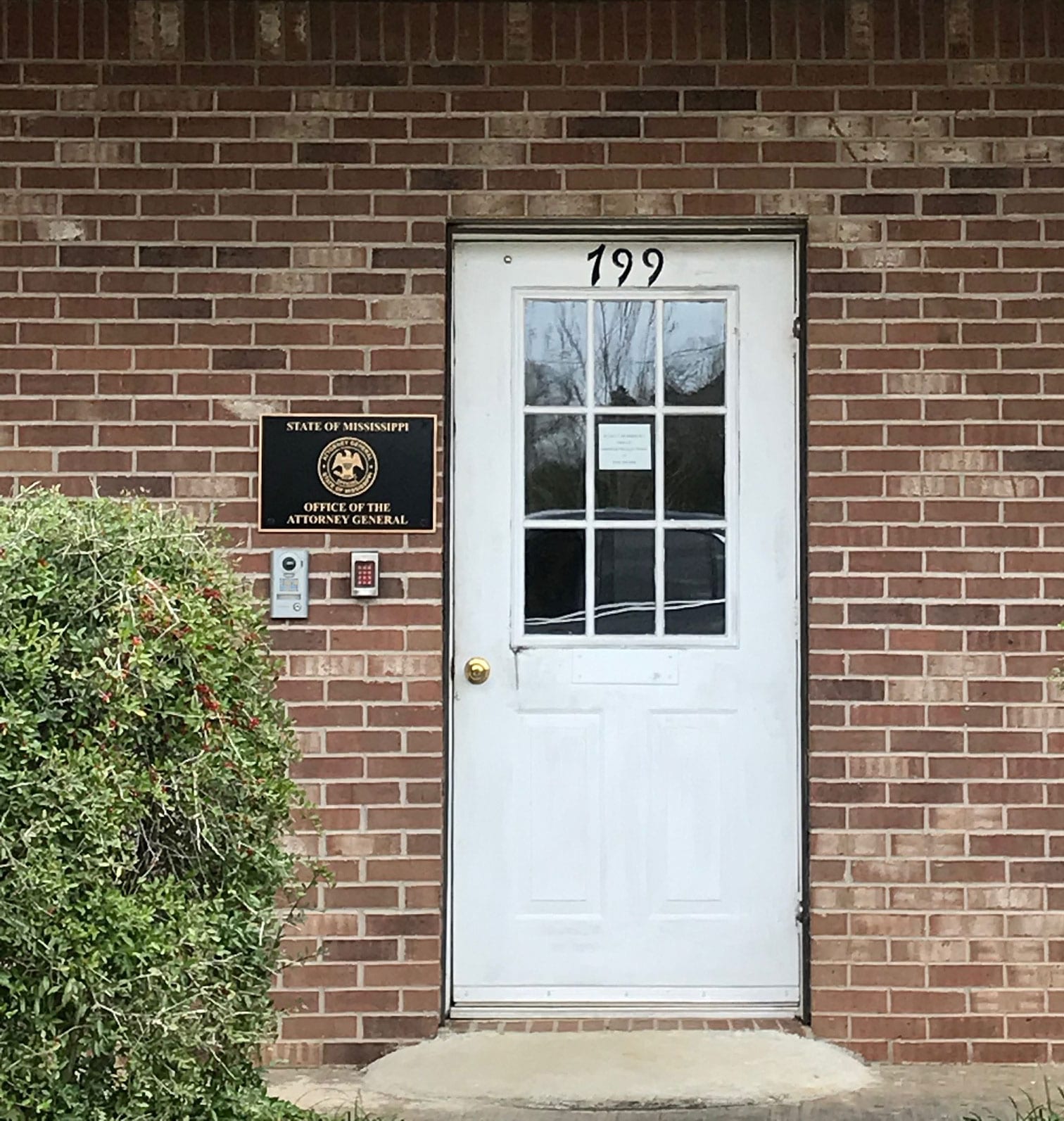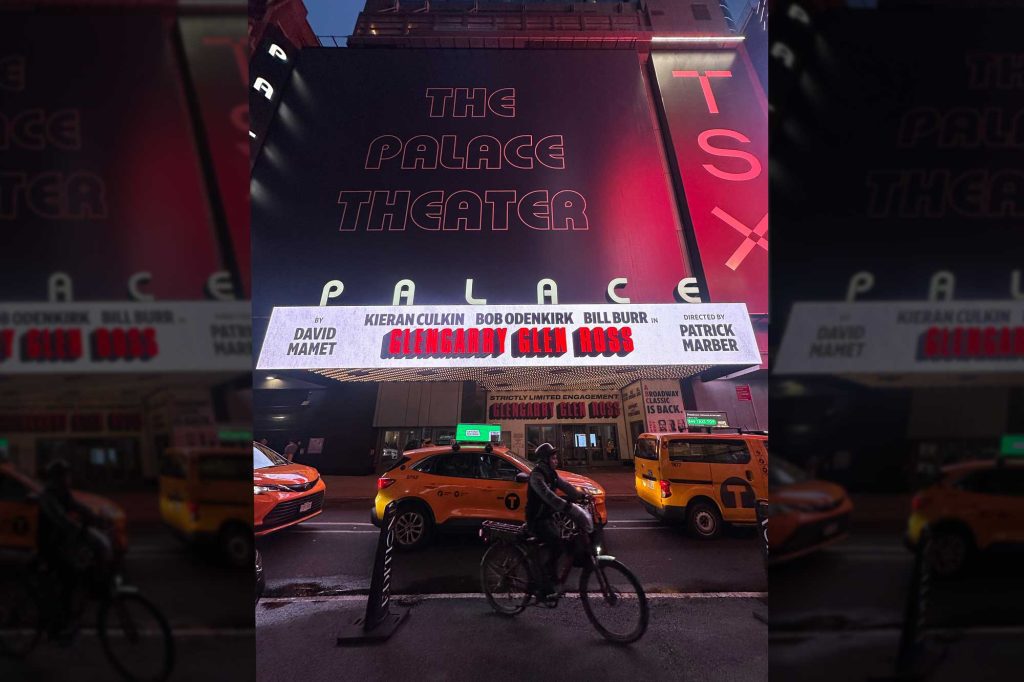
Does Jim Hood really enjoy a “homefield advantage” in Northeast Mississippi in a hypothetical matchup with Republican Tate Reeves?
Bobby Harrison at Mississippi Today seems to think he might. While the suggestion may make intuitive sense, the math doesn’t appear to bear out the conjecture.
Jim Hood v Tate Reeves 2015… by on Scribd
*minor discrepancies from official statewide vote tally due to some split counties.
In his piece last week, Bobby Harrison, current dean of the state’s Capitol press corps, asserted that past candidates from the 10 northeast counties of the state have consistently benefited from a regional advantage. And that such an advantage could make or break Attorney General Jim Hood’s bid for the state’s highest office, since he is from Houston in Chickasaw County.
“Whether the northeast Mississippi’s geographic loyalty still trumps its party loyalty could be a key in this year’s election for governor,” Harrison wrote.
Hood is the presumed Democratic nominee in the November general election for governor. Lt. Gov. Tate Reeves of Florence in Rankin County is the presumed Republican contender.
Harrison’s article is an informative recap of cherry-picked elections for various offices, including the 2008 U.S. House race in which a Democrat from Booneville in the northeast region, former Rep. Travis Childers, beat a damaged Republican from Southaven, Greg Davis, in the northwest region. Two years later, the late Alan Nunnelee swept back into office handily defeating Childers.
Harrison also delves back to a 1999 race, in which Ronnie Musgrove became the last Democratic governor of Mississippi. Neither candidate was from the northeast region, although Musgrove carried nine of the 10 northeast counties.
Musgrove then lost the Governor’s Mansion to Haley Barbour of Yazoo City in the next election, in which Barbour won seven of the region’s counties.
The examples cited – both demonstrating a party shift no matter the candidate’s roots – don’t prove a “favorite son” advantage in that or any region of Mississippi.
A better way to look at this year’s anticipated general election governor’s race may be to look at the most recent election in which voters had the choice to select both Hood and Reeves.
In 2015, both were on the statewide ballot for their respective offices. Since they weren’t running head-to-head, there was obviously some crossover vote. But voters were really free to vote for both without consequence to the other.
Overall statewide, Reeves garnered 429,990 votes for Lt. Governor, or 34,021 more than Hood’s 395,969 for Attorney General.
In northeast Mississippi in the first congressional district, Reeves got more votes for his office than Hood got for AG in 15 counties. Hood got more votes than Reeves in 7. Of course, Hood was running against Mike Hurst. Head to head, Hood beat Hurst in all but two counties (Tishomingo and Desoto).
Again, while it is not an apples to apples comparison, the Hood/Reeves 2015 ballot math does hold up intuitively in the other congressional districts. With both on the ballot, Hood was stronger in the second congressional district than Reeves. Reeves bested Hood substantially in the 3rd and 4th districts.
Keep in mind that two of the four counties in Mississippi that switched from Democrat to Republican from the 2012 Presidential race to the 2016 Presidential race were located in MS01 (Benton and Hood’s home county of Chickasaw). Donald Trump is still wildly popular in NE Mississippi and its foreseeable that Trump will inject himself into a hypothetical Reeves v. Hood race on that basis.
Mississippi politics is rife with uncertainties for myriad and often seemingly-contradictory reasons. The takeaway from this analysis seems to be that at least relative to Tate Reeves, Hood does not necessarily enjoy a mathematically demonstrable “homefield” edge with northeast Mississippi voters. Add to that the MSGOP success even since 2015 of having key local candidates “flipping” from Democrat to Republican (or Independent) in places like Itawamba and Alcorn counties, and the loss of key Democrats on the ballot like Rep. Steve Holland of Tupelo and Rep. Nick Bain in Alcorn County.
With seven months and party primary elections to go, it may be too early for even seasoned pundits to postulate about what constitute near-certainties.











